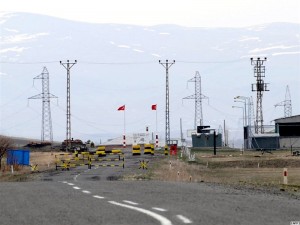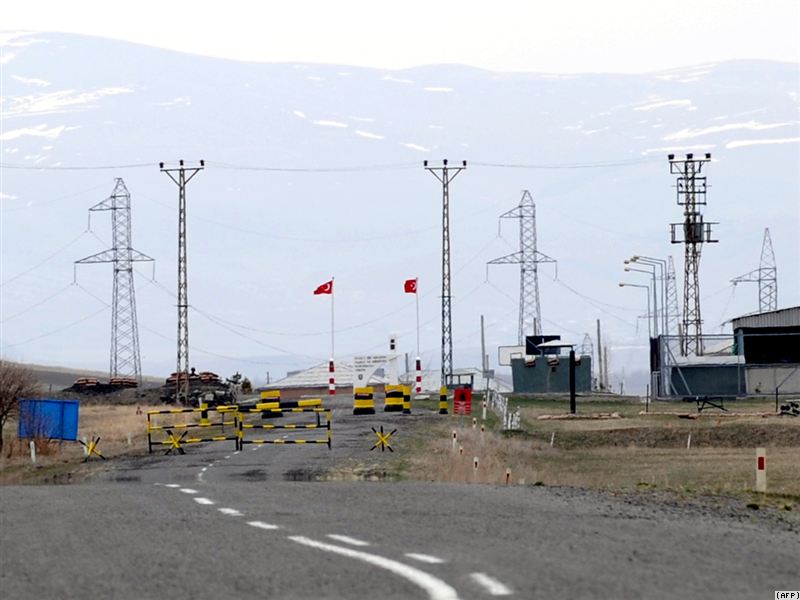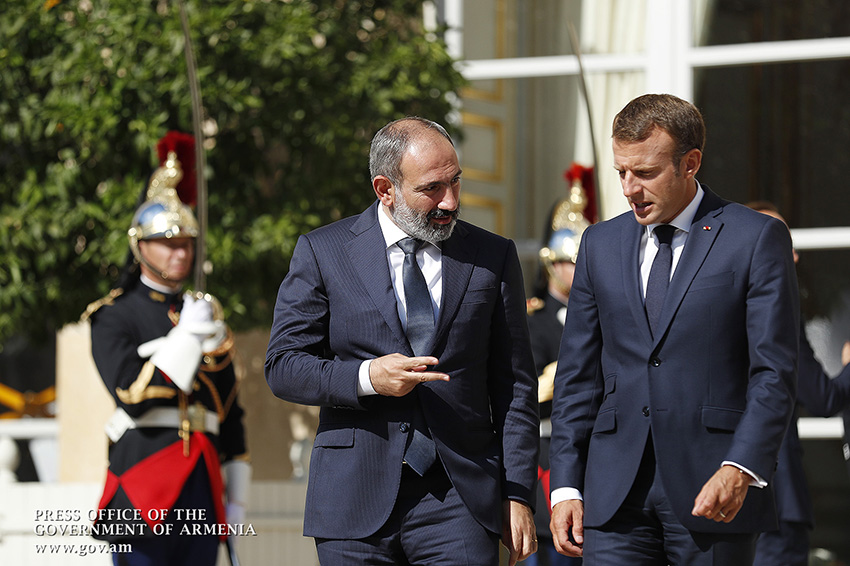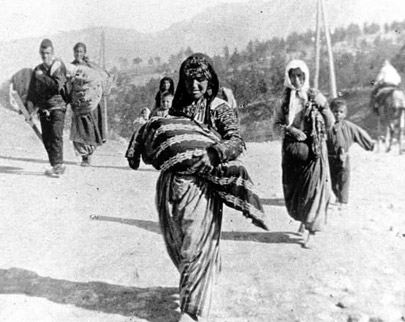

The nationwide poll conducted by the Ankara-based MetroPOLL Strategic and Social Research Center and reported by the “Today’s Zaman” daily gauged Turkish public opinion on a wide range of domestic and foreign policy issues, including Turkish-Armenian relations.
Its authors said that when asked whether the land border between the two neighboring countries, which Turkey closed in 1993 in solidarity with Azerbaijan, should be reopened, 50.3 percent of respondents said “no.” More than 27 percent said “yes,” while the remaining 22 percent had no answer, “Today’s Zaman” said.
These findings of the survey are in tune with the apparent public sentiment in Armenia. An opinion poll conducted there by the non-governmental Armenian Marketing Association (AMA) about a year ago found that only one-third of Armenians want to have an open border with Turkey, while those who are firmly or mostly against make up just over 30 percent of the country’s population.
Most of those polled did not share Western governments’ and lending institutions’ belief that border opening would have a quick and highly positive impact on the Armenian economy, according to the AMA.
The AMA poll also suggested that Armenian public opinion is split roughly down the middle on the Western-backed fence-mending “protocols” that were signed by Ankara and Yerevan in October 2009. It said only 36.3 percent of respondents felt that the protocols envisaging the full and unconditional normalization of Turkish-Armenian ties are good for Armenia. Most of the others were either undecided or said the protocols favor only the Turkish side.
The AMA interviewed 2,500 people across Armenia in late January and early February 2010 as it became increasingly clear that Turkey’s government-controlled parliament will not ratify the protocols without a breakthrough in Armenian-Azerbaijani peace talks on Nagorno-Karabakh. Ankara’s linkage led Yerevan to freeze the process of Armenian parliamentary ratification of the deal in April.
Armenian public support for the Turkish-Armenian rapprochement, which began in 2008, has therefore hardly increased since then. It seemed rather weak even before the signing of the protocols criticized by Armenia’s leading opposition forces.
According to a poll conducted by the government-linked Armenian Sociological Association (ASA) in Yerevan, 52.4 percent of city residents were unhappy with the Turkish-Armenian accord and only 39 percent approved of it in September 2009.
It is not clear whether the Turkish pollster also tried to ascertain popular attitudes towards the overall normalization process and the protocols in particular.
Open Letter on the Proposal to Rename the Armenia-Turkey Border Crossing After Talat Pasha
We express our deep concern and disappointment regarding the recent proposal introduced…
- MassisPost
- July 3, 2025
- No comments
- 2 minute read
Pashinyan’s Visit to Turkey and Beyond
By KRIKOR KHODANIAN At the invitation of Turkish President Recep Tayyip Erdoğan,…
- MassisPost
- June 29, 2025
- No comments
- 3 minute read
“I Still Can’t Believe What Happened on June 20”
By LUSYEN KOPA Exactly three months ago, I wrote an article titled…
- MassisPost
- June 26, 2025
- No comments
- 4 minute read
Anniversary of the Immortality of the Twenty Hnchakian Heroes
By KRIKOR KHODANIAN 110 years ago these days, the prominent figures of…
- MassisPost
- June 15, 2025
- No comments
- 3 minute read










